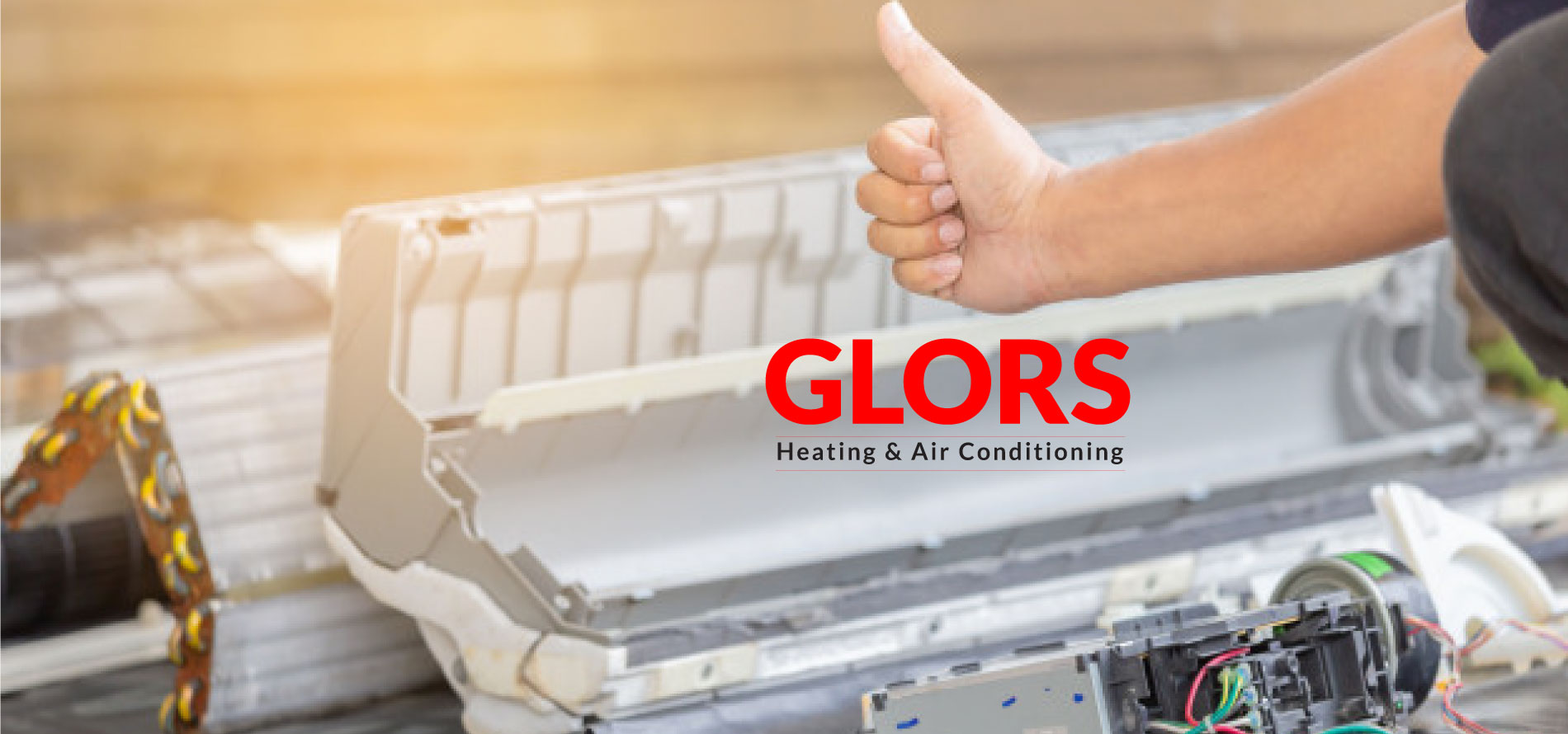The Frosty weather has more of an impact on your health than you might realize. It can adversely affect on hair, skin, nostrils and moisture absorbing possessions. Well, people are aware about the types of humidifiers, effect of dry air and humidity and even they know about how to get relief from dry air, but still the one question is unanswered “do furnaces and heaters dry out the air? “
When we use furnaces and heating equipment and air starts to become dry, it is frequently arisen question that do heaters really dry out the air? Or is this mistaken?
The reason behind the dryness cause in winter
There can be many reasons behind it…
Firstly, too much air infiltration from the outside. Secondly, usage of dehumidifier. The humidity levels will not change on entering of outdoor air if there was no dry. Nevertheless, switch on the heat can cause more air loss. Because, rising level of heat will cause pressure on air and it will try to escape out of cracks and holes of the roof and home will become more susceptible to take dry air in.
Other factors such as…
- Leakage of air: The drafty windows, doors, attics and basement can provide way to dry and cold air to get in which ultimately increases the usage of heater.
- Over ventilation: in tightly sealed home, whole ventilation is an obvious priority. However, excessive ventilation increases the entrance of outdoor air inside and decreases the humidity in the winter.
- Leaky air ducts: this might be another reason of dry air. The leaking air ducts, especially in garages and attics can attract cold and dry in your places.
The Energy Stars U.S. Government believes that approximately 30% of conditioned air gets lost to holes and leaks in the ductwork.
A number of leaks on the supply side can increase the negative air pressure in home by causing energy loss and air leaks.
Atmospheric Combustion and sealed combustion furnaces at a glance:
Before getting the answer of whether or not furnaces dry out the air. It is necessary to understand the difference between atmospheric combustion furnaces and sealed combustion furnaces.
Atmospheric combustion furnaces: it is simply a furnace that get combustion air from inside and does not affect the humidity of indoor space because the air inside the home remains as it is and just warm up the air.
Sealed combustion furnaces: draws on air from outside the house to use for burning fuel. (i.e combusting fuel). It is closed off and draws air through a plastic PVC pipe that connects it to the combustion chamber sends out the exhaust.
The furnaces combustion process generates the water vapor instead of removing it. If you are using invented gas heater, it adds moisture to the air in place of drying it out. In case of excessive moisture and condensation around your heater, contact specialist.
If you keep sealed combustion furnace, it brings the dry air from outside which lower the humidity. So, the answer is YES, that using furnace can cause dryness of air only due to the incoming of outdoor air, not because of the heating process itself.
In the absence of Humidification system and air or duct leaks, the moisture inside the home will remain same. On the other hand, warming up the air will lower the humidity. The absolute humidity should not change.
The Heat Exchanger in Furnace
It is also known as a chamber or a fire box. The heat exchanger actually consists of solenoid coiled tubes, not particularly loops, but it contains the hot ignition gases. At the point when the blower kicks on and cool-wind streams over the gas-to-air heat exchanger, the air gets hotter without coming into contact with perilous gases.
The warmed air then, at that point, ascends into the plenum. This is a sheet-metal box that is associated with supply pipes. From that point, air gets circulated all through the home
The ignition gases associated with this interaction, in the wake of radiating their hotness, gets gone through the vent pipe and securely leave the house, as a rule through the chimney stack.
Why are Heat Exchangers required?
Since heat exchangers hold hazardous ignition gases, any breaks, splinters, or opening holes are very risky in light of the fact that they might wind up in your living spaces.
Ignition spillage can happen at whatever point fuel is scorched. While the amounts are typically little, the harmful mixtures can cause significant health related problems and eventually a death can occur.
Destructive substances delivered when consuming petroleum derivatives include:
- Carbon Monoxide
- Carbon Dioxide
- Sulfur
- Nitrogen Dioxide
- Nitric Oxide
- Volatile Organic Compounds
- Hydrocarbons
How to overcome dry air problems
The hygrometer is a device that can be used to measure indoor temperature and humidity level inside the home. Thus, after checking the humidity level in hygrometer you can decide which steps should be taken.
This issue can be tackled by following the points given below.
- Let your clothes air-dry inside.
- Boil water. (Use for coffee, tea, pasta etc.)
- Let utensils air dry.
- Keep the door open while showering.
- Let the bathwater cool before draining it. (don’t try if you have small children)
- Grow some houseplants.
- Use portable or whole-home humidifier.
Finally, the air humidifier should be bought according to your budget, size of your house and your preference. It is fact that each type will come up with some drawbacks so it is suggested that you should contact HVAC professional to select the best humidifier.


